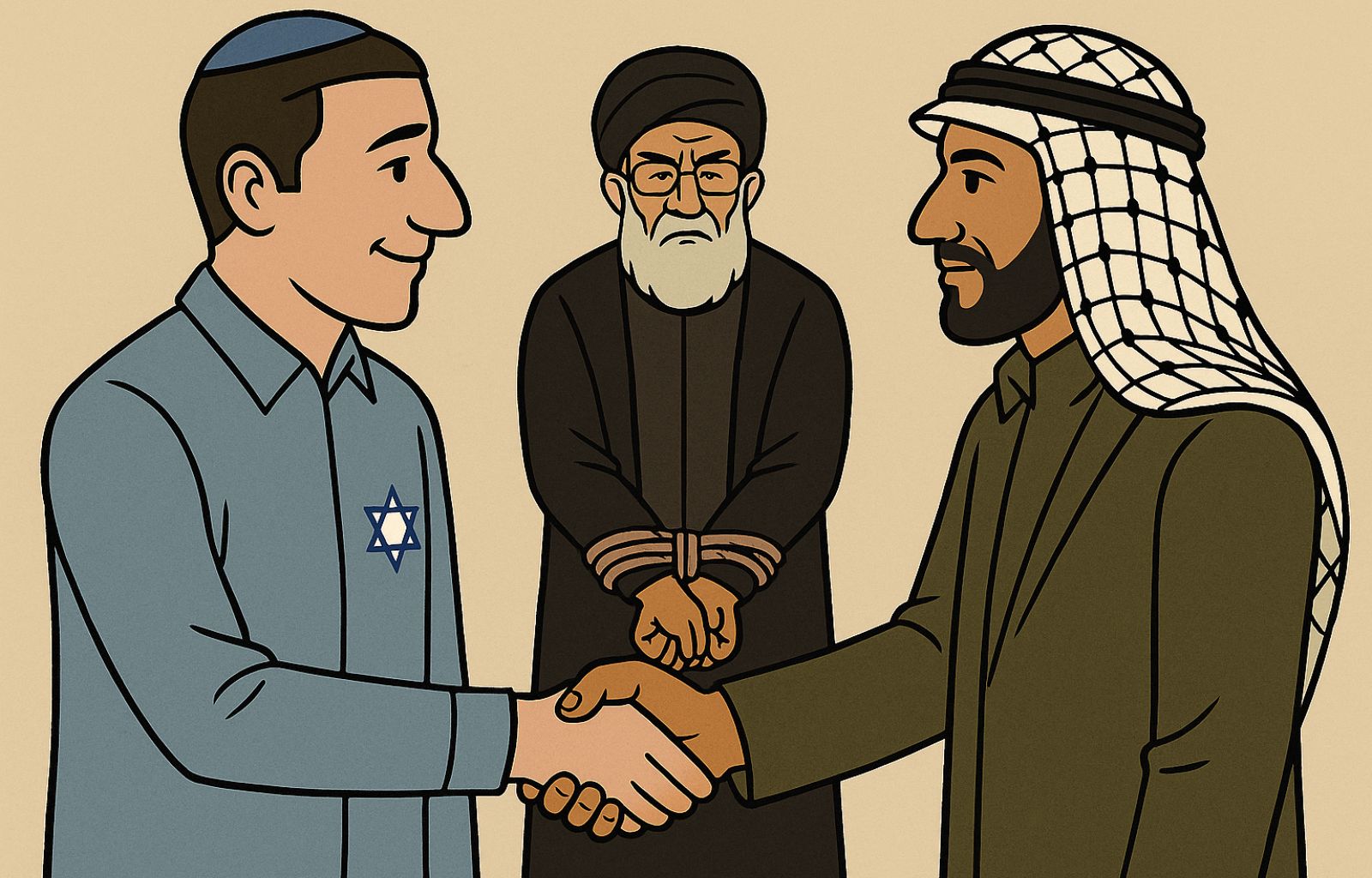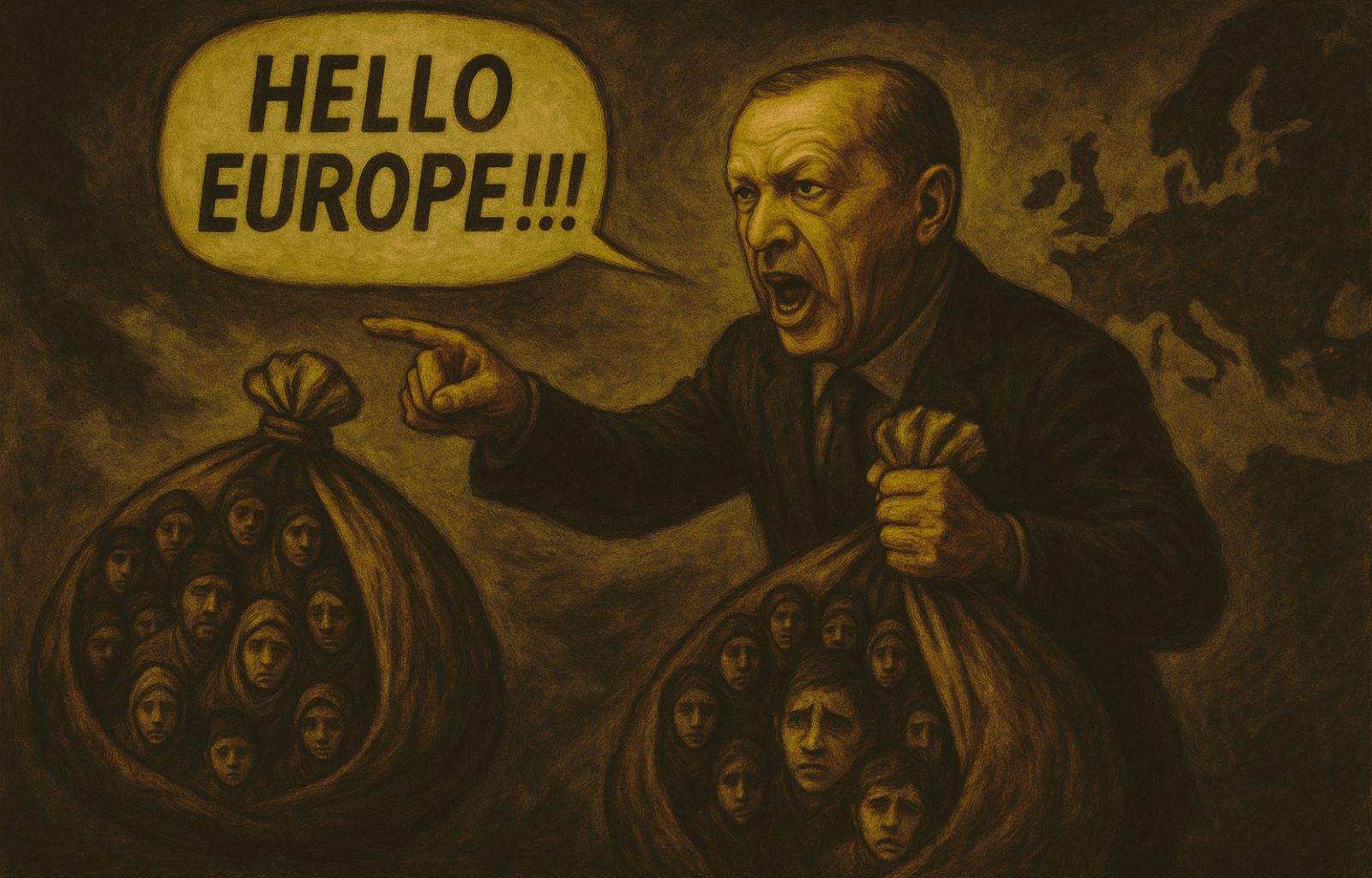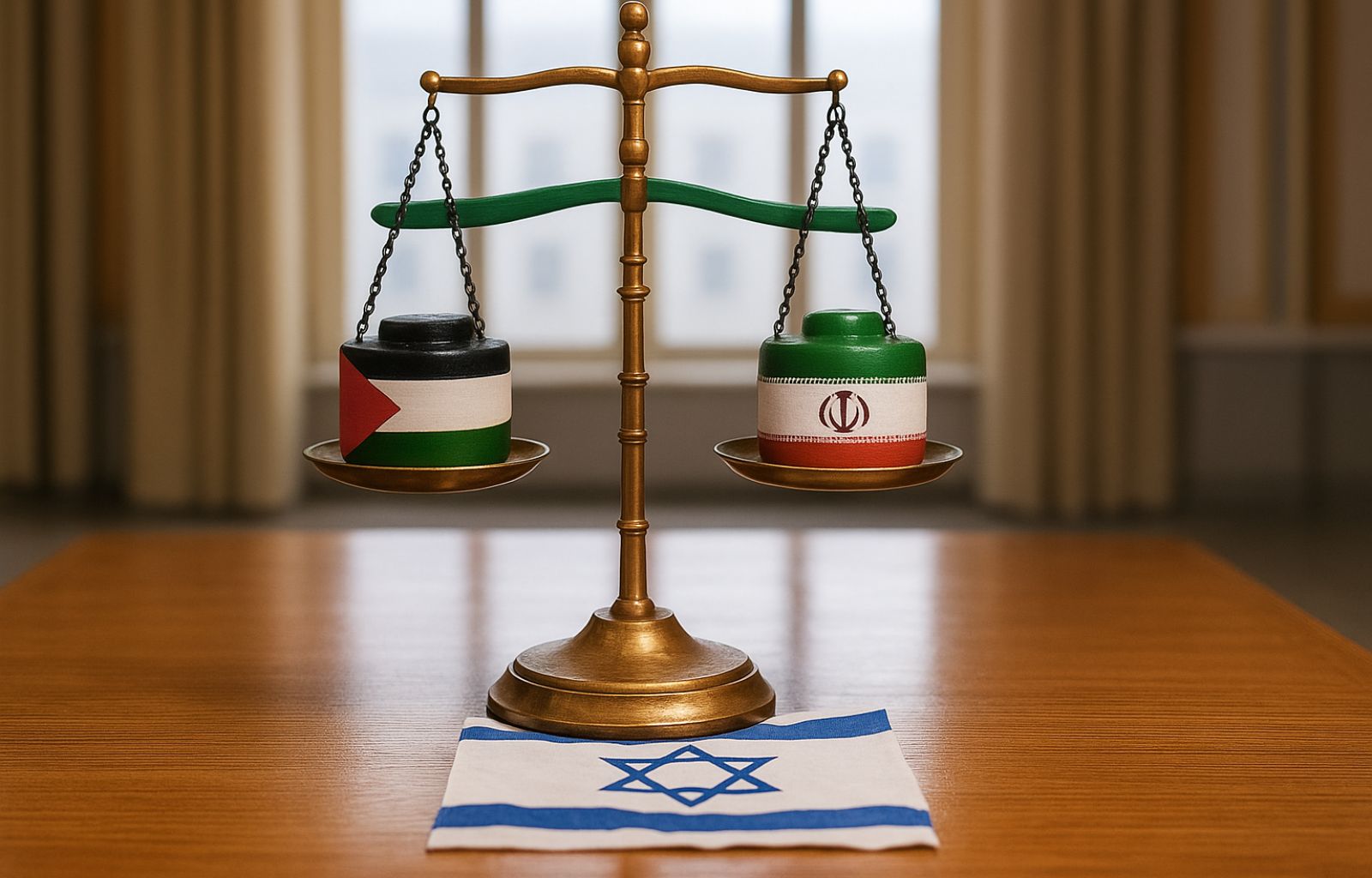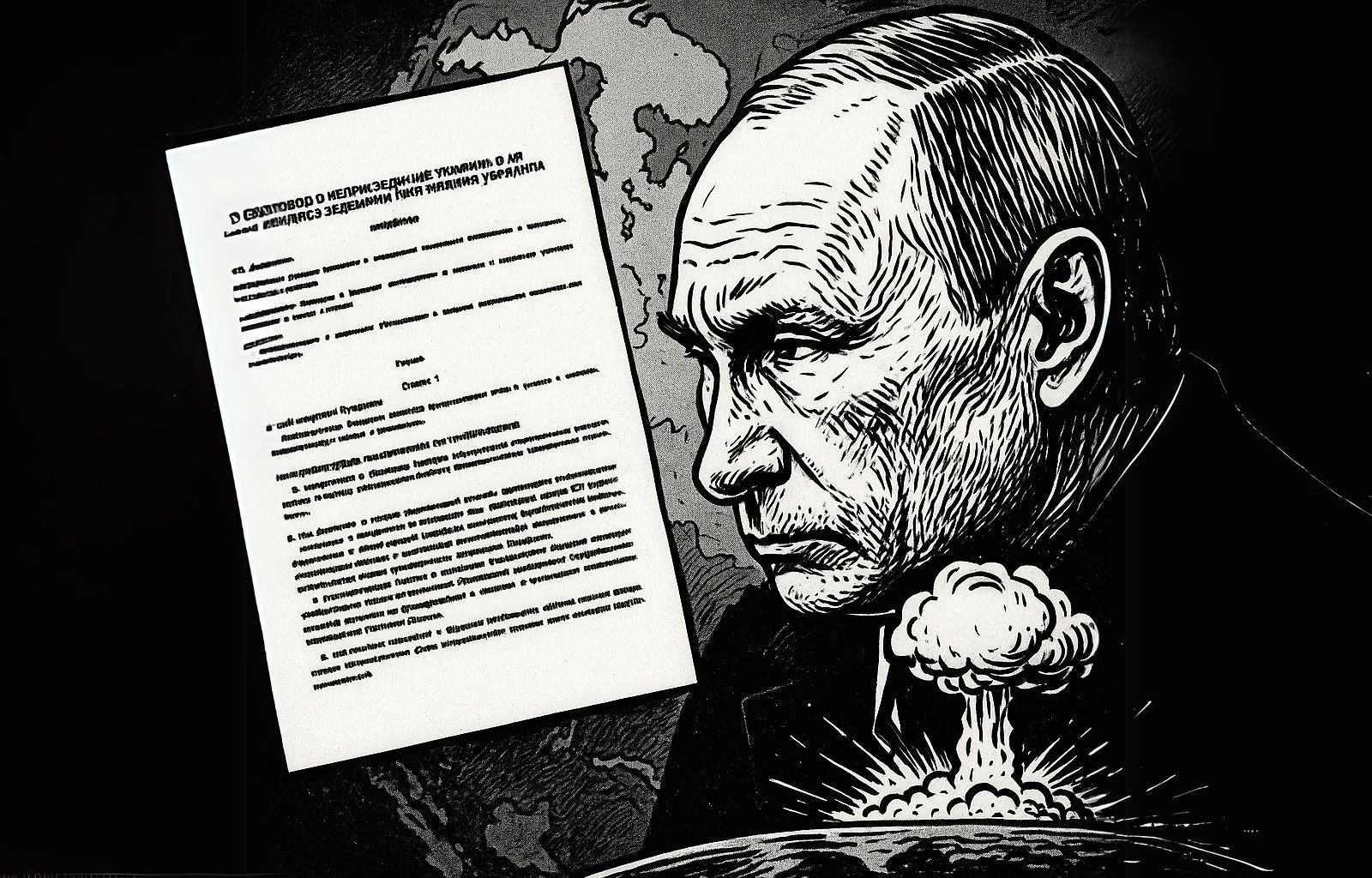Lebanon, the Saudi move that redraws the Middle Eastern (and Mediterranean) chessboard
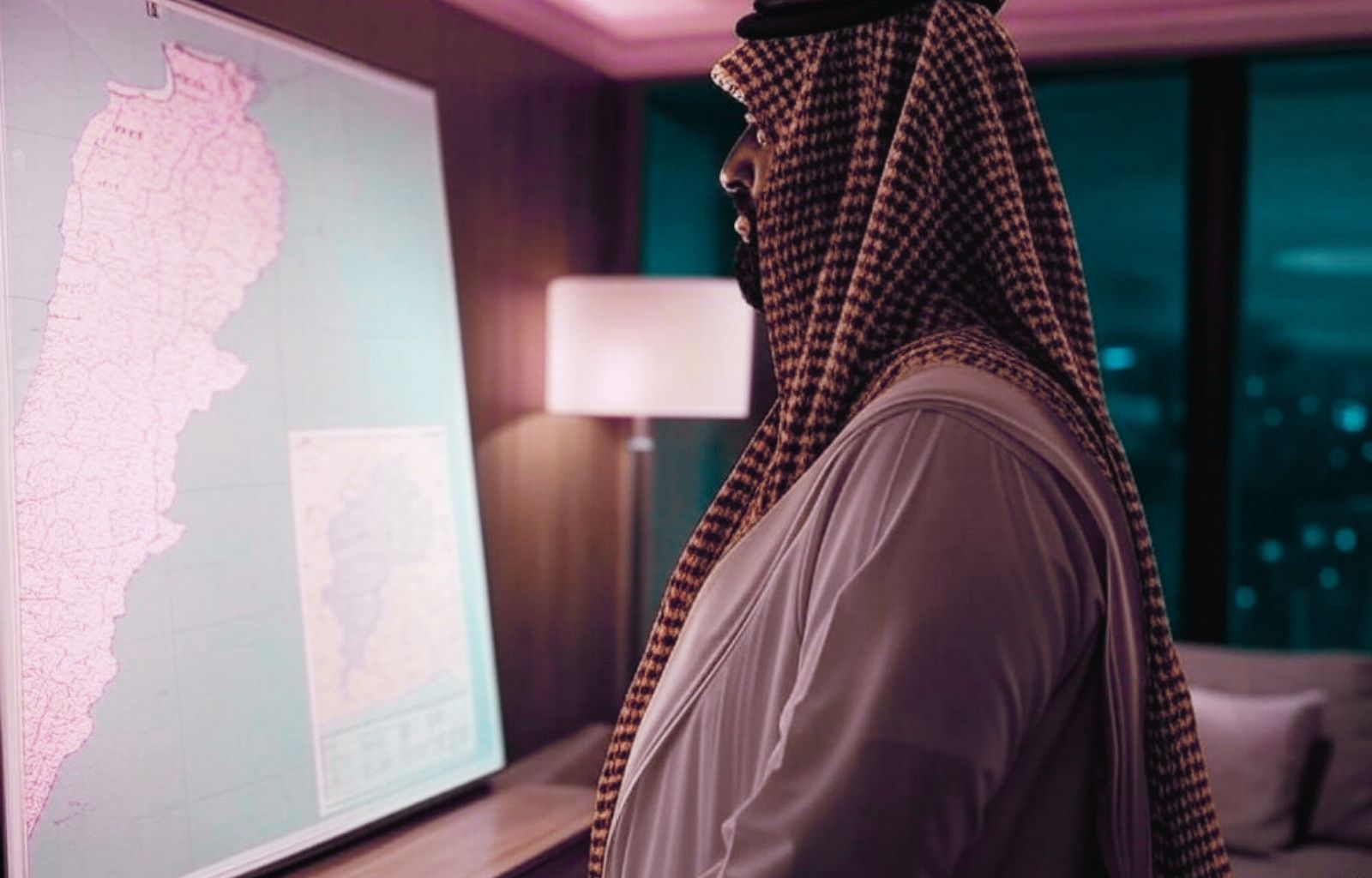
Lebanon is today at the centre of a profound change and regional geopolitical rebalancing. The election of General Joseph Aoun as president of Lebanon – which we reported on a few days ago in an article by Vincenzo D’Arienzo – seems to go beyond the country’s simple internal sectarian dynamics, reflecting instead an increased Saudi influence in the country and more generally in the Levant region.
Saudi Arabia would in fact have strongly supported Aoun’s candidature, dealing a significant blow to Iranian interference (whose embassy in Beirut was openly working to sabotage the former military officer’s election as president) and outlining the contours of a significant redrawing of geopolitical dynamics in the Middle East.
The move aims to consolidate Riyadh ‘s role as arbiter of regional stability, while strengthening its image as a reliable partner with Western powers and moderate Arab governments. Confirming this reading is the recent mission to Beirut by Prince Yazid Bin Farahan, in charge of the Lebanese dossier, who shortly before the white smoke for the presidential election met the main local political figures, carefully avoiding any contact with Hezbollah. It is a signal that reiterates Saudi intransigence towards the Shiite group, as well as the will to define a targeted strategy to counter Iranian influence, now considered intolerable.
Aoun’s election was welcomed by international players such as Washington, Paris, the Gulf countries and a large part of the Arab world. Suffice it to say this: after the election, Crown Prince Mohammed Bin Salman immediately sent his congratulations to the new president, who responded by announcing that his first official visit will be to the Saudi capital. A symbolic and strategic choice, which highlights Aoun’s intention to redefine Beirut’s geopolitical orientation, moving it away from Iranian influence and closer to the Gulf countries.
Challenges for President Aoun
Among Aoun’s main challenges is the disarmament of armed groups, especially Hezbollah, to ensure that the monopoly of weapons is exclusively in the hands of the Lebanese army. The new president has declared his willingness to entrust national security solely to the regular forces, although there are currently no signs of openness from the Shia group.
The international community hopes that the new president, with the support of his regional allies, will start a gradual process of institution-building to reduce the influence of militias and foreign powers. There is also talk of the possibility of Saudi Arabia and Lebanon agreeing to wait for a change in the Israeli political environment – such as an eventual change in the leadership of the Netanyahu government – to explore the normalisation of relations between Beirut and Tel Aviv, with Riyadh in the role of mediator.
The scenario is still premature, but there are glimpses of a potential reorientation of Lebanon towards a more pragmatic foreign policy that is less bound to the sectarian logic that has paralysed the country for decades.
Mediterranean Riads
If the Saudi involvement were to fully materialise, it would mark not only the renewed protagonism of Riyadh in Lebanon, but also a turning point for the entire Middle East. In other words, the rise of Aoun would open an unprecedented phase, redefining the regional strategic balances: Lebanon would return to the centre of the diplomatic dynamics of the area, and Riyadh would put one foot (or perhaps both) on the shores of the Mediterranean, waiting, moreover, to one day also deal with the physical, political and social reconstruction of Gaza. And then – but we will talk about this shortly – to the north and east of Lebanon there is Syria, another dossier from which Mohamed bin Salman evidently does not want to be excluded. In the future of Saudi Arabia, there is more and more the Mediterranean.





